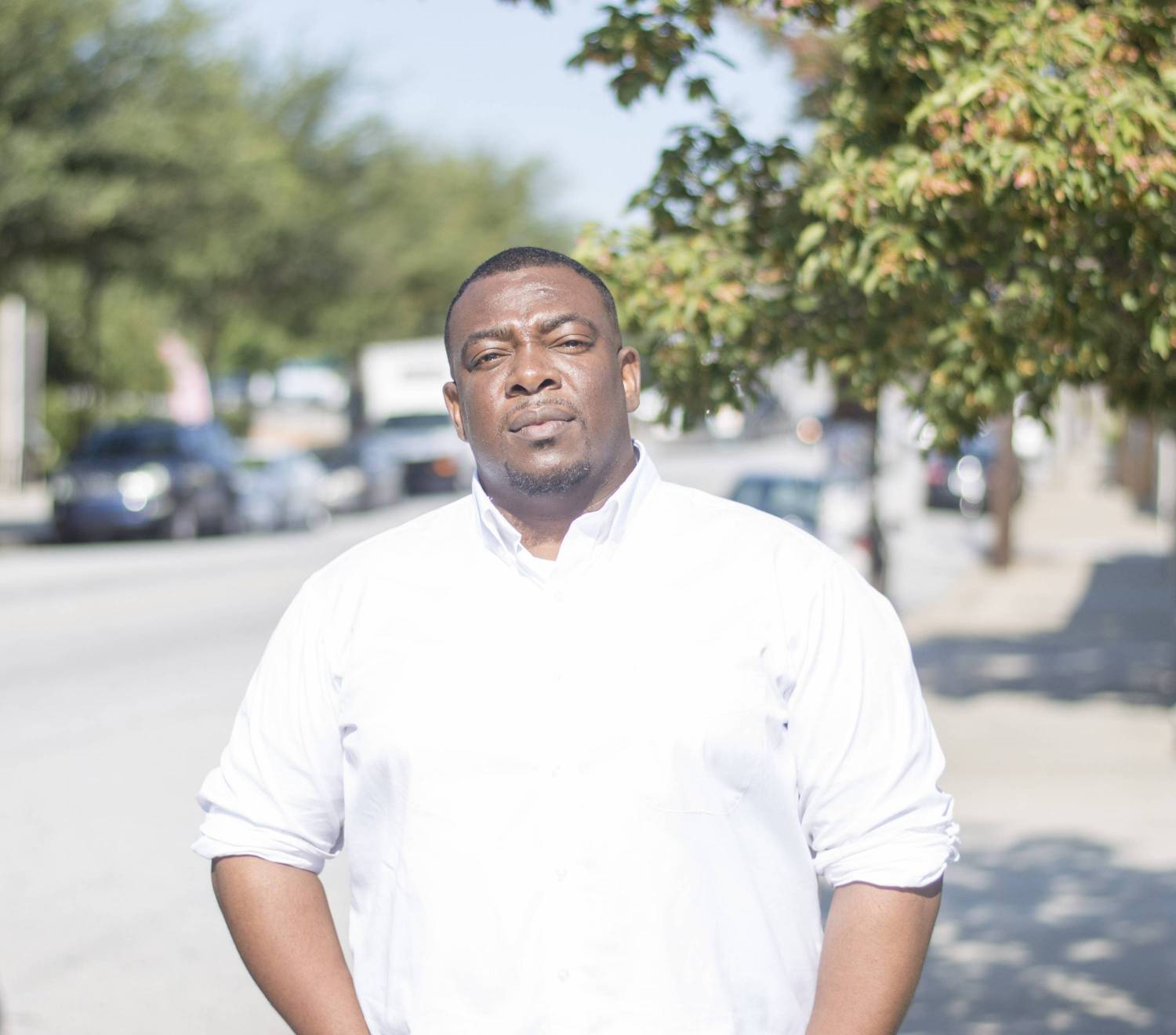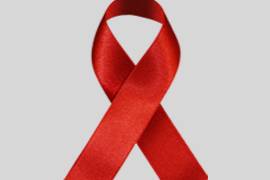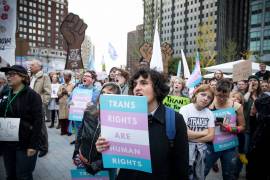By Eric Paulk, Guest Contributor
In 2015, Michael Johnson, a Black gay college athlete, was sentenced to 30.5 years in prison under Missouri’s HIV criminal law. Missouri’s law, like the one in my home state of Georgia, does not require intent to transmit or actual transmission of HIV. It only requires that a person be aware of their HIV positive status and are unable to prove that they disclosed their status prior to engaging in a sexual act.
Michael was convicted of a class “A” felony — the most serious class of felony that includes murder in the first degree and sentences up to life in prison without parole, with some offenses being eligible for the death penalty. Racial inequity, which also drives the HIV epidemic in Black communities, undergird these laws that fuel stigma by perpetuating myths about how and who transmit HIV. These laws only further marginalize populations already vulnerable to HIV acquisition, including Black gay and bisexual men, trans communities of color, sex workers, and injection drug users.
Michael Johnson’s case reveals how Black queer communities are particularly vulnerable to HIV criminalization. Little attention has been paid to race and the way that racism has shaped and transformed a public health issue into a crime. At the intersection of HIV and mass incarceration are HIV criminal statutes that use HIV status as a standalone basis to single out people living with HIV for discrimination. These laws do not consider measures that reduce HIV transmissibility like condom use, fail to appreciate scientific evidence regarding the possibility of transmission of the virus, and were enacted before the preventive benefit of antiretroviral therapy or pre-exposure prophylaxis was fully actualized.
According to a 2020 report from the Williams Institute, in Missouri, Black men are most disproportionately impacted by both HIV disease and the enforcement of HIV criminal laws. While Black men make up only 5.5% of the state’s population, they are 35% of people living with HIV in the state. Black men make up over half of those with an HIV incident (50.2%) or conviction (54.2%), meaning there has been one arrest of a Black man for an HIV crime in Missouri for every 43 Black men currently living with HIV in the state.
Similarly, a 2018 Williams Institute study on HIV criminalization in Georgia found that, “Black men and Black women were more likely to be arrested for HIV-related offenses than their White counterparts: 26% of HIV-related arrests were of White males, while 46% of HIV-related arrests were of Black males; additionally, 11% of those arrested were White females, while 16% were Black females.”
HIV criminalization is a racial justice issue that forces us to look at not only how race makes us vulnerable to HIV acquisition, but also to how we are vulnerable to incarceration. These archaic HIV criminal laws strip people of their freedom and humanity, and disproportionately impact Black communities living with HIV. As we race towards ending the epidemic, we must acknowledge that we cannot end the epidemic without reforming these laws.





